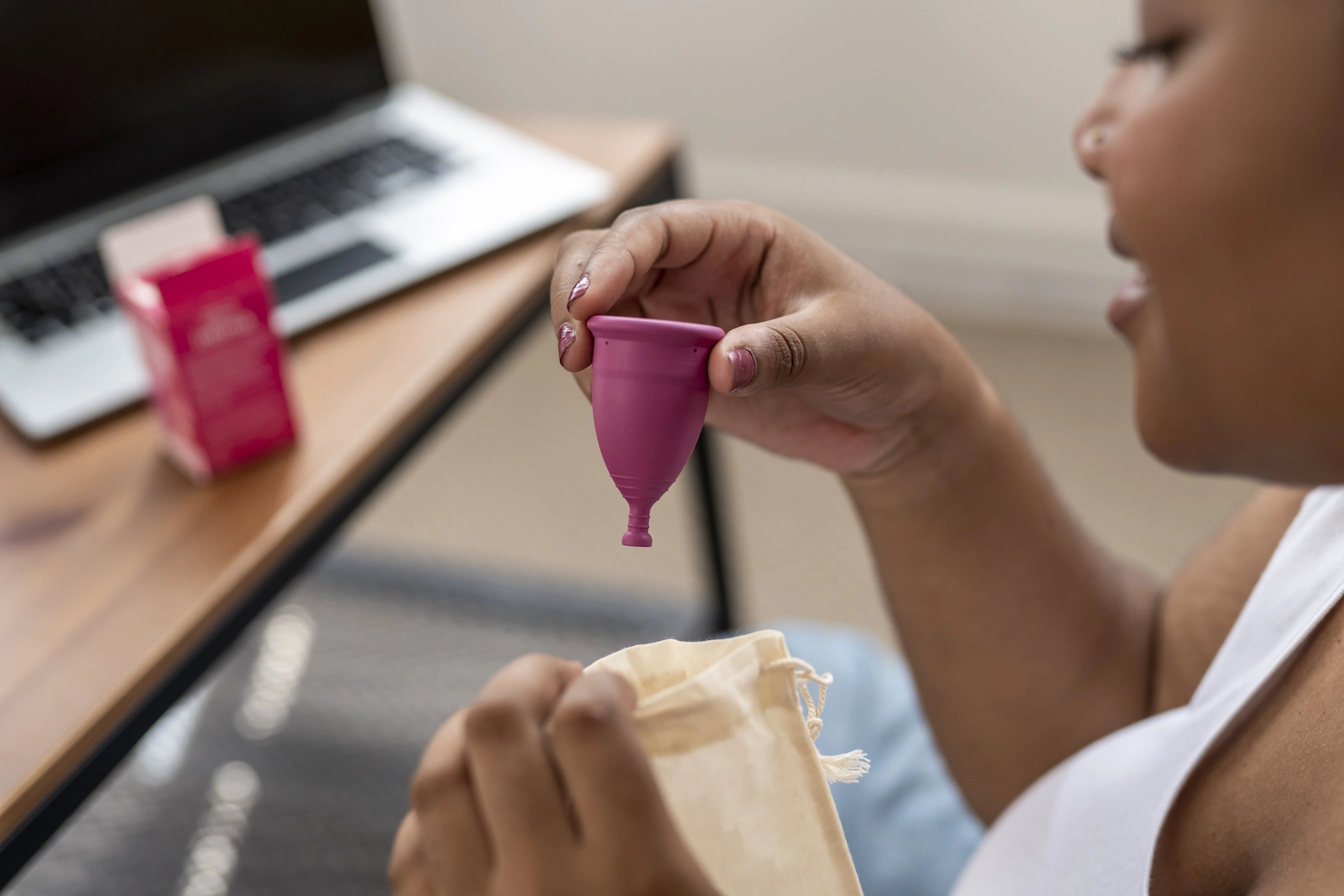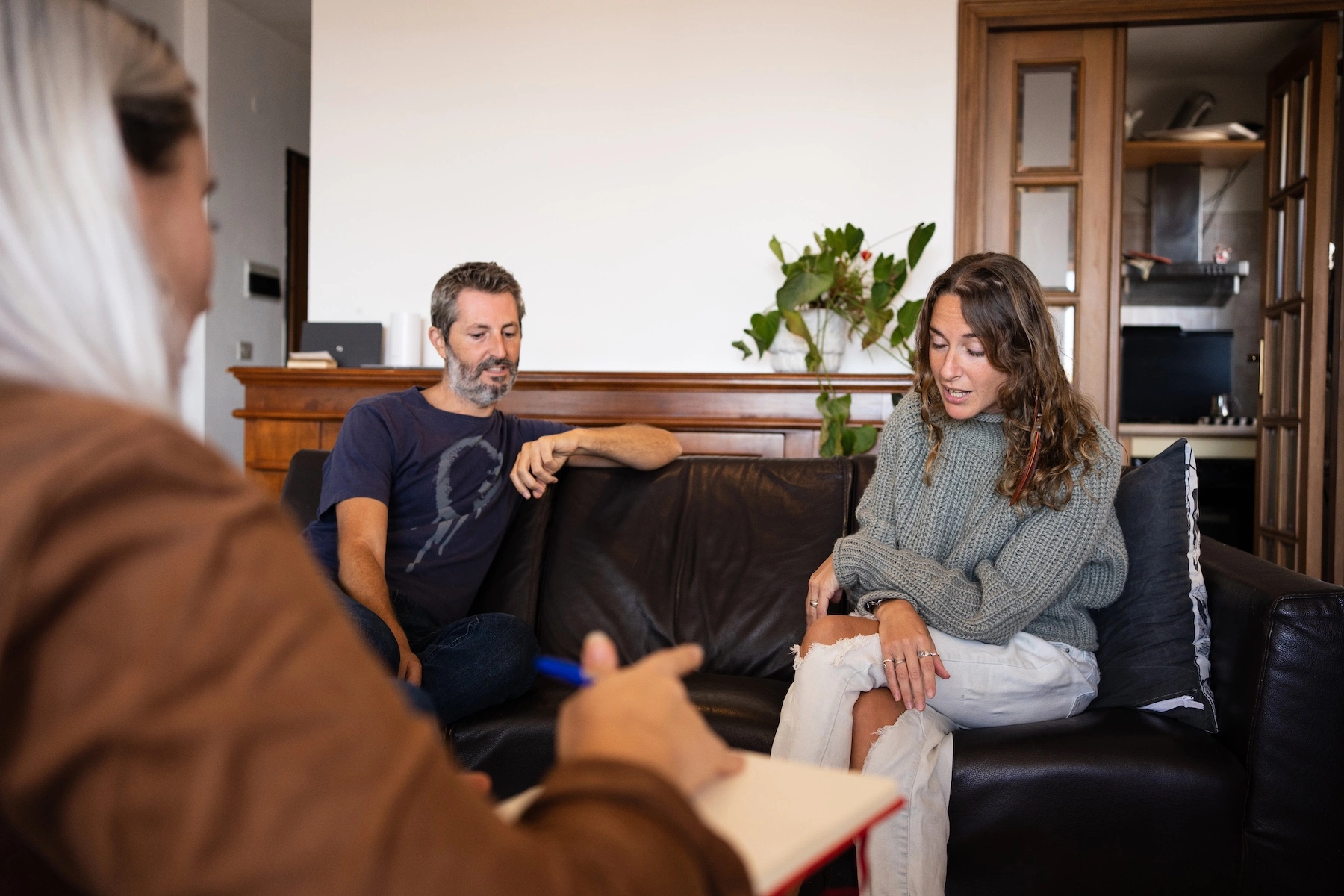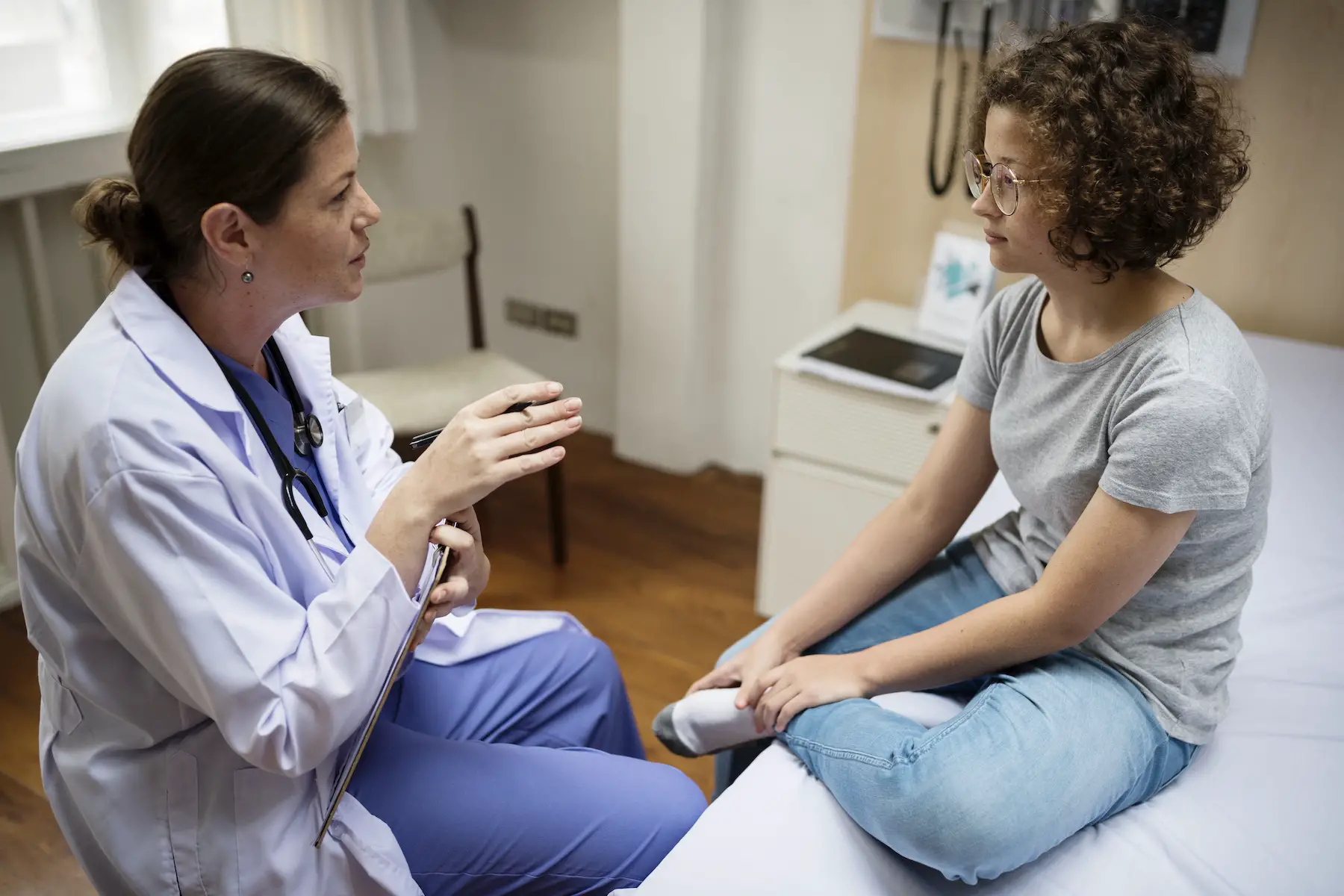Italy has a highly-ranked public healthcare system, which means you can find many affordable services for reproductive and sexual health. The Italian government also frequently funds healthcare initiatives such as screenings for common cancers, STI tests, and more. Italy still has a long way to go in certain areas of sexual health, including care specific to the LGBTQIA+ community, preventative measures, and access to contraception. Despite that, the country is progressing towards a more comprehensive healthcare system.
Read on for more information about the following topics:
- Attitudes towards sex and sexuality in Italy
- Accessing Italian sexual health services
- Insurance for Italian sexual and reproductive healthcare
- Contraception in Italy
- Pregnancy and childbirth in Italy
- Abortion in Italy
- STIs/STDs in Italy
- Italian menstrual health
- Cancer screenings in Italy
- Services dealing with sexual problems in Italy
- Italian services dealing with sexual abuse and assault
- Young people’s sexual health in Italy
- LGBTQIA+ sexual health in Italy
- Useful resources
Cigna Global
Enjoy peace of mind while living in Italy with Cigna Global’s long-term international health insurance plans (12+ months). Get tailored coverage, direct billing with many providers, complex case management, and global care on demand, with access to a network of 1.5+ million doctors, specialists, and therapists.
Attitudes towards sex and sexuality in Italy
A variety of cultural, societal, and religious factors contribute to sexual norms and attitudes in Italy, which are still on the more conservative side, especially concerning LGBTQIA+ rights.

Italy is also a richly diverse country. In bigger and northern cities, like Milan, Bologna, and Florence, you might find a more liberal approach toward sex. The mentality is still quite conservative if you visit more rural parts of the country. In Italy, sex is also not a frequent topic of discussion in general and may be viewed as taboo sometimes.
Conservative attitudes towards sex have made sexual education in schools tricky, and young people in Italy might not be willing to discuss the topic with their families. According to a 2019 Istituto Superiore di Sanità (ISS) analysis, 45% of adolescents admitted to never having discussed contraception with their families. Furthermore, 44% of those polled said they had never talked about sexually transmitted infections (STIs) or sexual health in general.
Unfortunately, it’s not just adolescents who lack sex education, considering that 64.3% of Italians between 18 and 40 have had unprotected sex. Despite that, the Italian government has made progress by offering no-cost STI tests to certain individuals, working towards free contraception, and raising awareness for cancer screenings.
Accessing Italian sexual health services
The Servizio Sanitario Nazionale (SSN) offers sexual health coverage for all residents of Italy. There are also affordable private options throughout the country. Both systems include contraception, STI testing and care, family planning, abortion services, fertility treatments, and more. While your general doctor can provide some forms of sexual healthcare, Italy has a wide variety of specialists including gynecologists, sex therapists, and sexual health clinics.

Furthermore, Italy has a free center for young women and families throughout the country known as consultorio familiare, with free gynecological visits, contraception, family planning and counseling. While many of these services are free under the public health system for residents, you may need to pay out of pocket as a foreigner coming to Italy. In order to access the public health system and take care of your sexual health in Italy, you need to register for the SSN and possess the public health card, also known as tessera sanitaria
Another way of contacting a sexual health practitioner is through telehealth platforms. Sites such as Mobi Doctor provide online appointments, so you can skip the waiting times. They also offer a prescription service so you can receive medications from your local pharmacy.
Insurance for Italian sexual and reproductive healthcare
With private health insurance, you can get appointments and testing much faster than through public care, but at a cost. If you have insurance, you can also get tests and specialist visits reimbursed to reduce out-of-pocket costs.
Some of the options for private health insurance providers in Italy include:
If you have private health insurance, depending on your provider, you may be fully or partially reimbursed. A few examples of public sexual health services in Italy covered by the SSN are:
- Pap smears
- Yearly gynecological checkups
- Mammograms from age 50 (age 45 for some regions)
- All necessary care during pregnancy
- STI testing
- Abortion (up to three months)
- Testicular cancer screenings
- Fertility treatments (e.g., IUI, IVF)
Contraception in Italy
You will find access to contraception all over Italy, but the public healthcare system does not cover most of it. Italy is moving forward with attempts to make some forms of contraception free, but you can always look for a consultorio familiare. These facilities offer free access to birth control and condoms for young people, as well as other sexual health services. The morning-after pill is also available throughout the country directly at the pharmacy without a prescription, even as a minor without parental consent with a cost of €19.90.

According to a 2021–2022 study by MedicItalia analyzing sexual health in Italy and contraception amongst people between the ages of 18–35, 60% said they use some form of contraception. The most popular types of contraception in Italy are condoms, birth control pills, and intrauterine devices (IUDs).
Condoms
Condoms are widely available throughout Italy making them the most common form of contraception throughout the country. The MedicItalia study showed that 60% of people who use contraception prefer condoms. Although you do have to pay for condoms, some medical facilities such as the consultorio familiare give them away for free.
Birth control pills
While birth control pills are the second most popular form of birth control in Italy, they are the preferred contraceptive for only 14% of women of childbearing age. The Italian government has promised to work on making the pill free of charge, but costs out of pocket start from around €9. If you want to get birth control pills in Italy, you will need to see your doctor (free of charge for residents in Italy) or gynecologist. They will give you a prescription to use at a pharmacy or farmacia.
IUDs
One of the least popular options, but most affordable in the long-term is the hormonal or copper IUD. Only 3.5% of women interviewed in the MedicItalia study have an IUD. This is also likely due to the fact that the Italian healthcare system does not cover its cost. One of the most popular brands, Mirena, costs €242 for five years, making it more of an upfront cost and investment. In order to get an IUD, you will need to visit a gynecologist in Italy in the public or private system.
Other forms of contraception
Some other forms of contraception that make up less than 1% of the most common methods include the sub-dermal implant, shot, patch, and more. To know all of the options available to you, as well as the costs, you can visit your doctor or gynecologist in Italy.
Pregnancy and childbirth in Italy
The public medical system covers sexual healthcare in Italy, especially for pregnancy and childbirth. Specifically, Italy offers many benefits, free care, and initiatives to make pregnancy and childbirth accessible to everyone. With access to the SSN, you will also have free prenatal care, checkups, and childbirth, as the Italian government offers lots of support to expecting mothers.

Usually, you will see a team of medical specialists including your general doctor, gynecologist, and midwives. After giving birth, you will also receive postpartum care covered by the public health system. If you have a full time job, the Italian government also provides five months of paid maternity leave at 80% of your salary. You can except to receive lots of support during your pregnancy in Italy.
Abortion in Italy
Since 1978, abortion is legal in Italy up to 90 days after conception. That being said, doctors are allowed to refuse to perform one for religious or personal beliefs. This makes access to abortion care Italy more difficult in some parts of the country.
Even so, the SSN covers abortion costs for all residents, or you can visit a private facility at a cost. If you need an abortion in Italy, your first step should be to contact your general doctor who can then refer you to the nearest medical facility.
STIs/STDs in Italy
When discussing sexual healthcare in Italy, it is essential to understand STI prevalence and testing accessibility. In Italy, the most common STIs caused by bacteria are chlamydia, gonorrhea, and syphilis, while the most common viral STIs are HIV, genital herpes, and HPV.
A marked increase in STIs from 2020 to 2021 caused the Italian government to take more action regarding prevention and free testing. This includes free pap smears every three years for women, free and anonymous HIV tests, and more. You can visit your doctor or gynecologist directly if you need affordable STI testing. The public healthcare system covers most treatments and medications if you receive a positive STI result.
HIV and AIDS
According to the ISS, HIV transmission continues to decrease in Italy, and most new cases can be attributed to unprotected sex. To reduce new cases through prevention, the Italian government offers free anonymous HIV testing all over Italy. You can contact your local primary care doctor, hospital, or lab to get information about testing.
New medical discoveries continue to surface for HIV and AIDS patients, but the most common treatment involves antiretroviral medications, which are widely available and accessible. Italy also has no specific entry regulations for people living with HIV or AIDS.
Italian menstrual health
Female sexual healthcare in Italy has continuously improved in recent years regarding combatting period poverty, diagnoses of menstrual disorders, and more. In Italy, many women live with menstrual disorders. Endometriosis, for example, affects 3 million women in Italy, although the government estimates that the number is far greater. Your doctor or gynecologist will guide you through testing, diagnosis, and treatment of any problems related to menstrual health.

Sanitary products are available all over the country at pharmacies and supermarkets. In recent years, the Italian government also reduced the VAT (IVA) on pads and tampons from 22% to 10% and finally to 5%, reducing the price and helping with accessibility of menstrual products.
Unfortunately, you must pay out of pocket for menstrual products in Italy, as they are not covered under the public healthcare system. The price will vary depending on the type of sanitary product you buy, but pads and tampons are pretty affordable, from €1–8.
Cancer screenings in Italy
In 2022 alone, there were 390,700 new cancer diagnoses in Italy, which continues to increase yearly. The best way to treat cancer is to catch it early, which is why the Italian government funds and promotes active testing and screening. Concerning sexual health in Italy, you should know how to get screened for the most common reproductive cancers.
How to get screened for cervical cancer
Cervical cancer ranks 15th among women as the most frequent cancer in Italy, and jumps to 4th for women between the ages of 15 and 44. The Italian government has funded multiple programs to prevent and screen for cervical cancer. Italy offers free HPV vaccinations to girls and boys starting at 12 years old, as well as free pap-tests every three years to women starting at age 25.
If you receive a positive HPV result, your doctor will follow up with you and possibly carry out more testing. You can have access to these services for free in Italy by visiting your local doctor or gynecologist.
Getting a breast cancer screening
Breast cancer is an increasingly common cancer in Italy, but prevention and medical advances have contributed to a lower mortality rate. Of every three cancers diagnosed in Italy, one is breast cancer, making it the most common cancer among women. The public healthcare system offers free breast cancer screenings every two years to women starting at age 50 or earlier with a family history. If you wish to have a mammogram before that, you can still use the public system and pay the copay of around €50. You can book an appointment for your breast cancer screening by speaking with your doctor or calling the booking center of the local health department, Azienda Sanitaria Locale (ASL).
Booking an ovarian cancer screening
According to the National Library of Medicine, ovarian cancer is the 8th most prevalent cancer among women. In Italy specifically, there are roughly 5,200 new cases each year. Italy’s public healthcare system guarantees accessible care to everyone, many times for free or for very cheap. This includes screenings for common cancers.

If you are concerned about ovarian cancer, make an appointment with your doctor or gynecologist for a pelvic exam, bloodwork, or genetic testing. For visits and tests within the public system, you may have to pay a small copay.
Testing for prostate cancer
Italy’s prostate cancer rates have gone up in recent years. In 2022, there were over 40,000 new cases. If you want to get screened for prostate cancer, you can visit your doctor or a urologist (urologo). All doctor’s appointments in Italy are free under the SSN, and your primary care doctor may prescribe tests to find any health issues.
Testicular cancer screenings
Testicular cancer is a highly treatable and rare cancer in Italy. Yearly cases range from 1,000–1,500 per year, with a five-year survival rate of 95%. With testicular cancer, a first step may be self-examination to check for any lumps, discoloration, or abnormalities. If you are concerned about testicular cancer, you can make an appointment with your doctor or urologist. At your appointment, your doctor may suggest further testing.
If you are diagnosed with testicular cancer, you will be referred to an oncologist and surgeon. The Ministero della Salute has promoted multiple screening programs and initiatives throughout the years to raise awareness about preventative testing.
How to get tested for penile cancer
Penile cancer is very rare in Italy, with two of the main causes being poor hygiene and HPV infection. The association Lega Italiana per la Lotta Contro i Tumori (LIT) hosts a yearly prevention campaign focused on prevention of sexual cancers in men, including penile cancer. The first step to a diagnosis is a self check of any physical changes such as lumps and discoloration. That being said, it is important to see your doctor or urologist for further testing.
Services dealing with sexual problems in Italy
Sexual healthcare in Italy also includes sex therapy and counseling. The public healthcare system covers some forms of sex therapy, but most Italians go privately. This is due to the lack of funding for mental healthcare in Italy (only 3% of the total budget). A specialized psychologist or therapist known as psicologo or psicoterapeuta offers counseling and sex therapy in Italy. Specifically, a therapist who specializes in sex therapy is called a sessuologo. If you would like to use the public healthcare system for counseling or sex therapy, you will need a referral from your doctor. You will still have to pay a small copay at your appointment and may need to wait a few months before seeing a specialist.

In the private system, you can visit a sex therapist without a referral, at a cost. There are many online services where you can book appointments with healthcare professionals, including therapists. Prices vary, but privately you will likely pay at least €50 for a one-hour appointment.
Erectile dysfunction treatment
If you are looking for erectile dysfunction (ED) treatment, you can visit your general doctor, who may refer you to an andrologist. Your doctors may ask for testing to find the cause and prescribe medication. The most common ED medications are not available over the counter. Your healthcare provider will write you a prescription, and you may need to pay a fee for the medication. Your pharmacist will likely suggest the generic version of the treatment, as the cost is lower. For example, one of the most common ED medications, Viagra, costs €35, but the generic version is only about €18.
Italian services dealing with sexual abuse and assault
If you or someone you know is a victim of sexual abuse in Italy, there are many places you can reach out to, including hospitals, therapists, crisis hotlines, shelters, and police. In an emergency, dial 112, the generic number for police, ambulance, and more. Italy has an anti-violence and anti-stalking hotline, reachable by dialing 1522. There is also the “1522” app, which allows you to chat directly with an operator of the hotline instead of calling.
In addition, Italy has a hotline (800 861061) to call if you believe you may have contracted an STI after a case of sexual assault. Furthermore, in Italy, you will find multiple shelters by searching for centri antiviolenza to find one closest to you.
There are many ways to report sexual abuse and assault in Italy. If you are a victim of sexual assault, it is crucial to seek medical care right away at your closest hospital or ospedale. Access to the hospital is completely free. The doctors will report any incidence of sexual assault to law enforcement, specifically the police or polizia. You can also go directly to the police to report any incidents regarding sexual abuse or assault.
Young people’s sexual health in Italy
Sex education
Italy does have some forms of sex education in schools, but they are lacking, as there is no mandatory sex education in the curriculum. Over the years, there have been many proposals to mandate sex education in schools. Despite that, it is still seen as a taboo topic. This means that it is up to the school to organize and provide this service.

Young people in Italy have expressed a desire and need for sex education in schools. According to a survey by Studio Nazionale Fertilità, 8 out of 10 teenagers research information about sexual health online rather than talking with family or a professional. Of those, 94% stated that sex education should be taught in schools.
There is some progress with sex education through non-profits and volunteer associations in Italy. These groups offer to educate students about sexual health throughout the country. Eduxo, for example, is an association that gives free sex education in schools, focusing also on the young LGBTQIA+ community.
Sexual health services for youth
Although there is no mandatory sex education in schools, some volunteer associations offer these services to students nationwide. For contraception, female sexual health, and counseling, Italy has multiple accessible facilities to help young people and families, known as consultorio familiare. A consultorio can offer free gynecological visits, STI testing, free contraception, and counseling. The Italian government also recently passed a law that allows minors to buy the morning-after pill without a prescription or parental permission.
LGBTQIA+ sexual health in Italy
Same-sex relationships
Although Italy has made some progress over the years regarding LGBTQIA+ rights, Italy still has progress to make, specifically regarding its laws and discrimination. For example, Italy legalized civil unions for same-sex couples in 2016. However, joint adoption is still illegal. Italy does have laws against discrimination for sexual orientation and gender identity, but some parts of Italy still deal with anti-LGBTQIA+ attitudes. Amongst young people and in big cities, people have become more accepting and embrace the LGBTQIA+ community.
Sexual health services for LGBTQIA+
Sexual healthcare is available for LGBTQIA+ persons in Italy, but some places may offer more services than others.
If you are coming to Italy, your experience with sexual healthcare as an LGBTQIA+ person may vary drastically based on your location. For example, Milan, Bologna, and Florence are known as Italy’s most LGBTQIA+ friendly cities, so you may find more accessible care. Access to sexual healthcare, such as yearly checkups, STI testing, and cancer screenings, is widely available. You can find any of these services through your doctor or local hospital. For young LGBTQIA+ people, when schools offer sex education, there has been progress towards a more inclusive approach in recent years.

While therapists are widely available in Italy, finding mental support as someone in the LGBTQIA+ community can be more difficult. With regards to sex therapy, for example, it might be trickier to find a sessuologo that is an expert in LGBTQIA+ topics. You will find gender-affirming care for transgender people in Italy, including hormone therapy, surgeries, and counseling. However, these treatments are usually not covered under the public healthcare system.
Useful resources
- Ministero della Salute
- Find a doctor in Italy with MioDottore
- Government page on sexual assault
- Emergency numbers
- Government page on STIs






